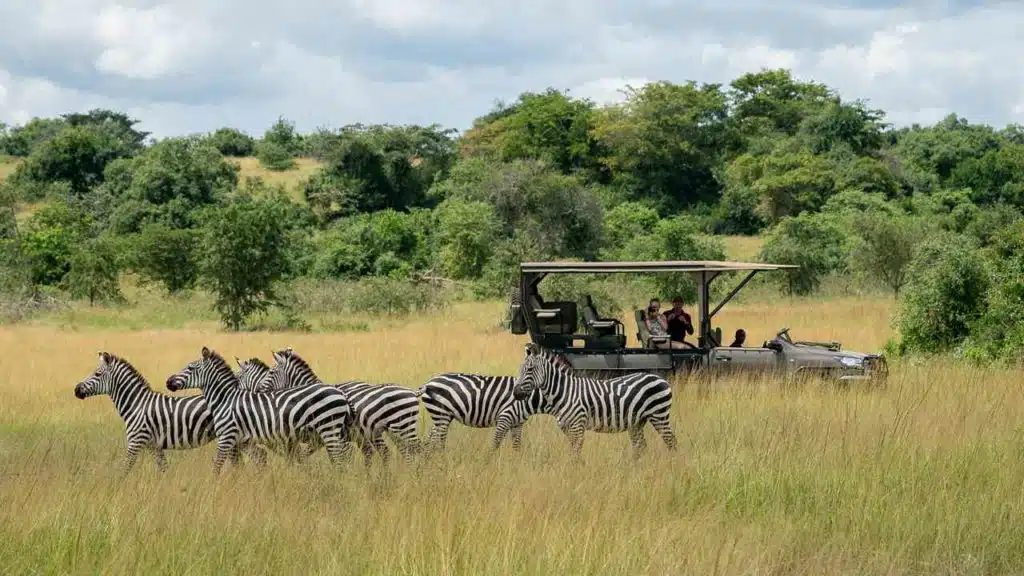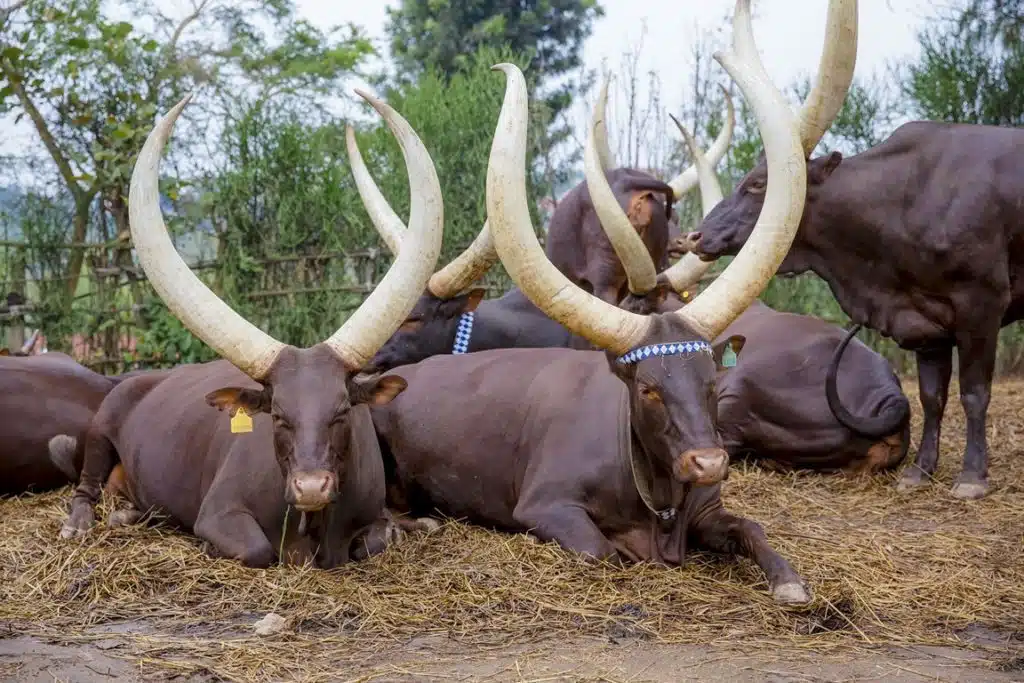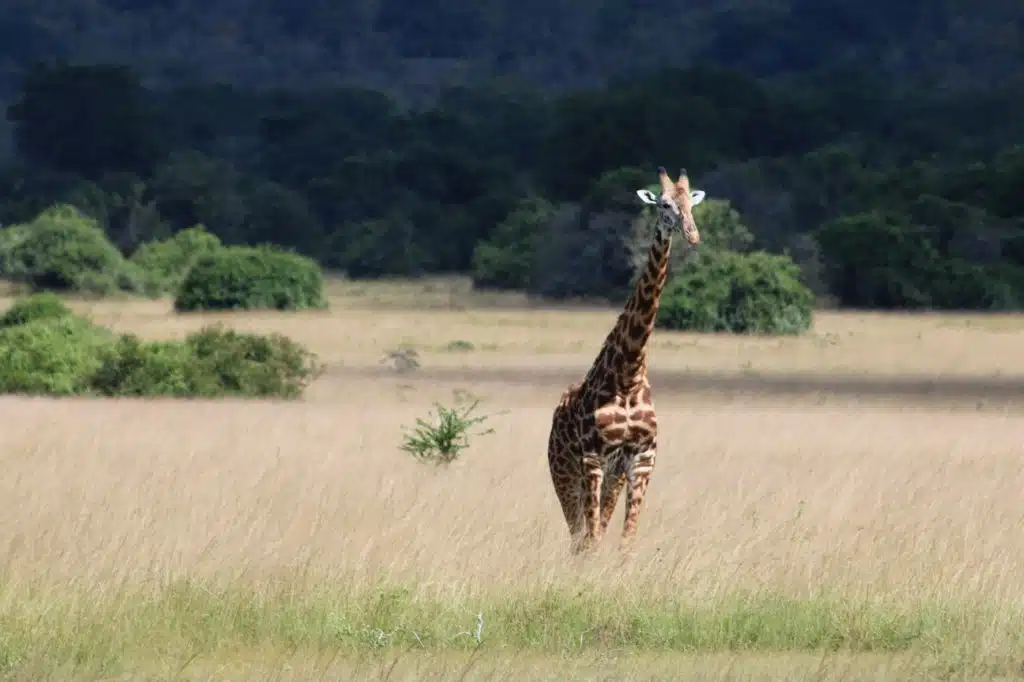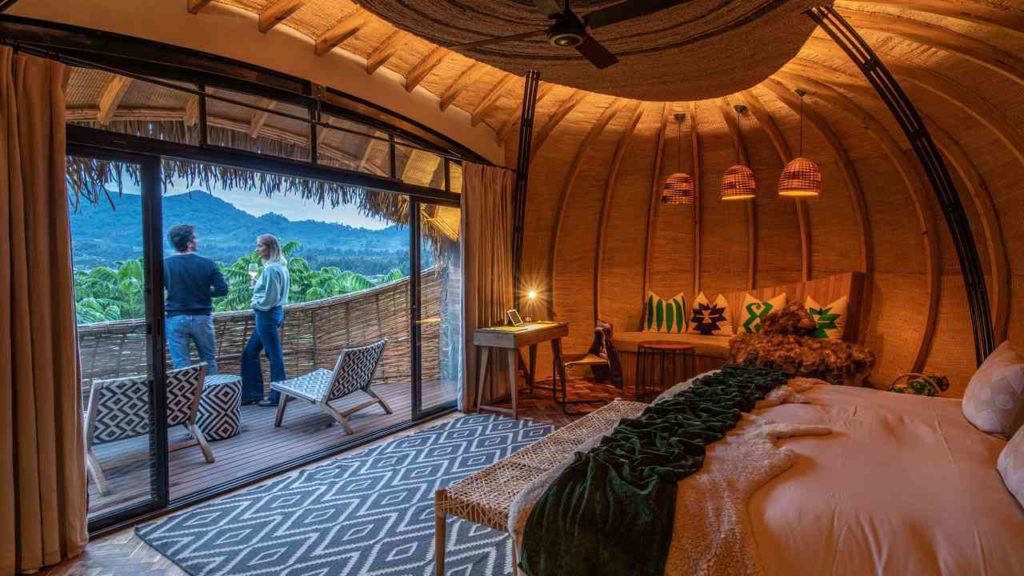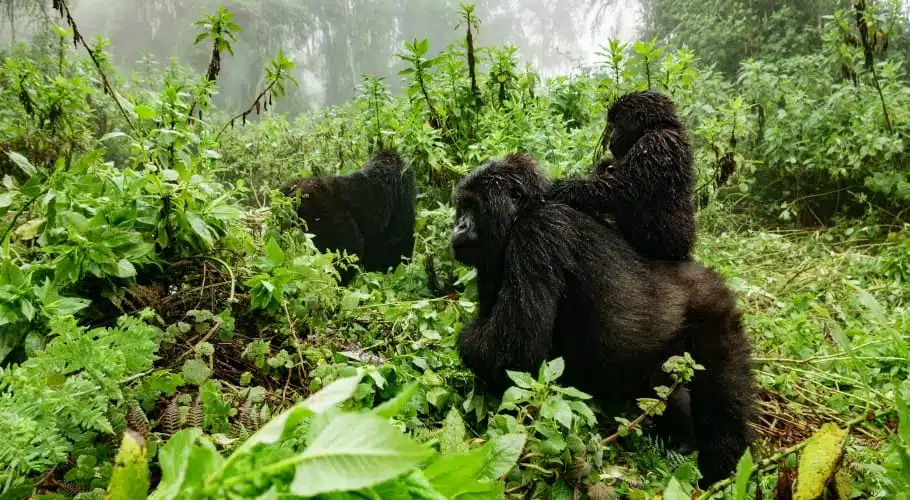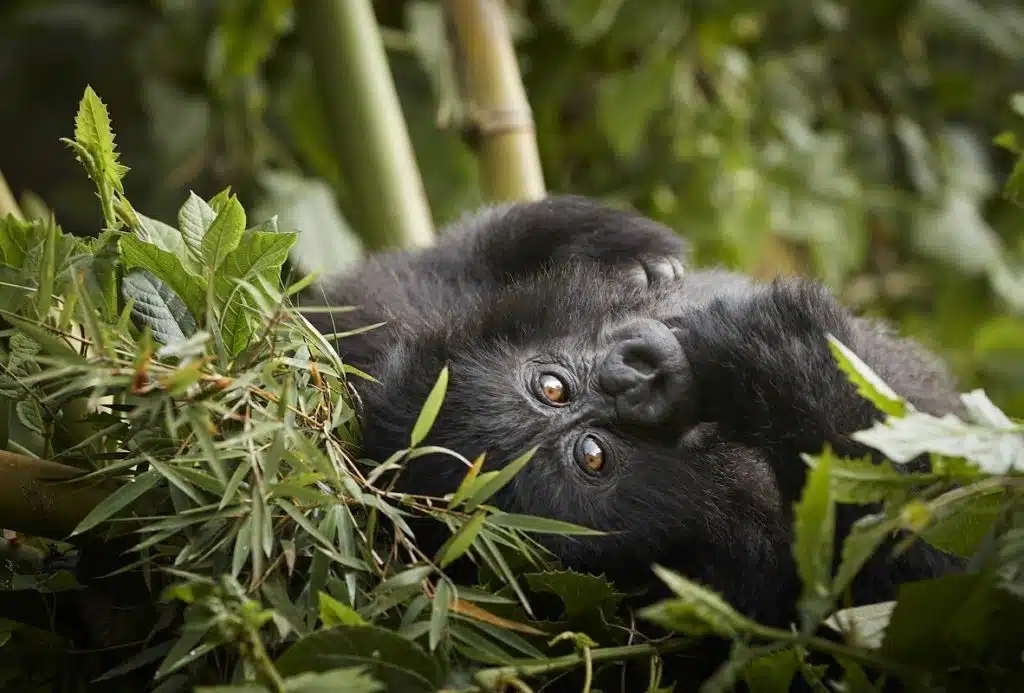HOW LONG SHOULD I SPEND IN RWANDA?
If you are wishing only to see gorillas or chimpanzees as part of a larger, Africa-wide itinerary, four days provides enough time to do one or the other, though certainly not both. To enjoy Rwanda to the fullest, ten days is recommended, possibly up to 14 days depending on your list of wishes.
WHEN IS THE BEST TIME TO VISIT RWANDA?
While the year-round temperatures barely vary at all, the humidity created by increased rains can make it feel vastly different. Being rainforest jungles, Nyungwe and Volcanoes are both damp regions, and light showers can occur all year round. However, by avoiding the particularly wet months of February to May, October and November, you will remain drier. Humidity reduces further from July to September, and these are the optimal months for travel.
WHAT CAN I EXPECT FROM ACCOMMODATION IN RWANDA?
Rwanda is working tirelessly across all sectors to elevate its position as a high-quality vacation destination while maintaining stringent conservation policies, using tourism as a way to accelerate its rehabilitation and bolster ecological protection. Due to this, accommodations have a tendency to be humble or exceptional, with little in between. Rothschild Safaris has partnered with a selection of impeccable venues, and contemporary luxury is available almost wherever you go, with Akagera National Park providing an exceptional standard of classically colonial tented camp accommodation.
OTHER DETAILS:
Visas are required for most visitors and can be paid for upon arrival, and inoculations are recommended, in addition to a course of anti-malaria medication. We suggest you contact your travel designer or a travel medicine specialist for advice.
International flights will arrive at Kigali Airport primarily through European gateways. Domestic travel is most frequently by car as Rwanda’s small size and mountainous terrain make domestic flights both challenging and irrelevant.
English is predominantly spoken throughout Rwanda with some Swahili and French also spoken. Guides are fluent in English and of an excellent standard. The nation has a history of gorilla poaching. Fortunately, these poachers have been re-educated, provided jobs and shown that gorilla and chimpanzee eco-tourism is more sustainable, lucrative and beneficial.
Gorilla trekking permits are currently $1,500 per trek, which can last from 3-8 hours. Chimpanzee trekking permits are currently $100 per trek and are typically booked for up to 4 hours. Permit fees can change at any time, though will, of course, be booked in advance on your behalf, and all proceeds go towards the continued protection and conservation of these wonderful animals. This also makes each trek wonderfully personal, with only very small groups allowed at any one time. Participants must be over 16 years of age for both experiences.


